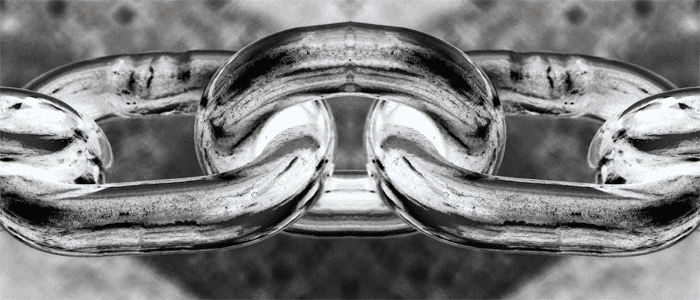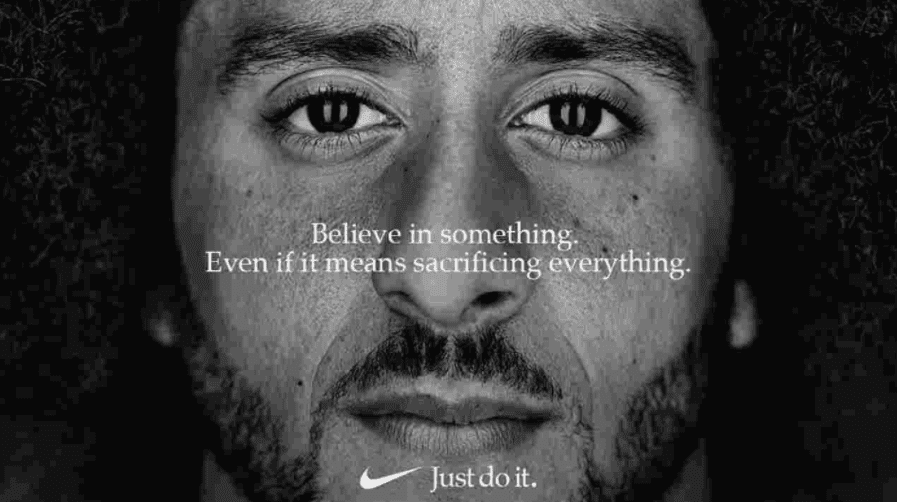Anyone experienced in search engine optimization knows that links are the lifeblood of a well-ranking site. We’ve seen estimates that links represent upward of 40% of the ranking factors.
We’ve also seen recent news that implied links are to be added to the equation.
But that’s a future-forward conversation, as implied links are more of a vision than a reality at this point.
As of now, citations play a role in local SEO but not as big of a role in ranking as a whole.
Realistically, here’s how I typically explain the components of SEO to clients who know very little about it:
- Technical SEO is tablestakes. If the site is built well for performance, usability, and overall structure, the site has a chance of ranking if all the other items line up. And more recently, Semantic SEO has begun to grow in importance, which includes a heavy dose of structured data and schema markup. These tactics are even more important if you understand the importance of both Answer Engine Optimization and Generative Engine Optimization (collectively referred to as AI-Driven Discoverability).
- On Page SEO helps search engines understand what topics and keywords are relevant to the content on your website. This does not immediately rank your site or page on the first page of the SERPs, especially for more competitive queries, but it positions you to rank on some page for the right terms and searches.
- Off Page SEO (i.e. links) provide a means for search engines to differentiate between higher and lower authority websites. Links play a key role in breaking “ties” between multiple pages or websites that aim to rank for the same searches and keywords.
- Social SEO is a growing piece of search engine optimization, but one that does not overtly impact rankings as of today. That said, it does impact your off page optimization by adding “nofollow” links into it, which is an indicator of a natural link profile. There have been indirect correlations identified, but nothing direct as of today.
As you can tell, off page SEO is the most important thing to get right to move the needle. So links are of utmost importance.
Google re-confirmed this recently when they tested how dropping backlinks from the algorithm would impact rankings, and needless to say, that’s not happening any time soon.
Unfortunately, building links simply ain’t as easy or straightforward as it used to be.
8 Facts About Links That Drive SEOs Crazy
Since SEO is one of our main focal areas here at Return On Now, we have seen the gamut of issues with link building and managing links.
Here are some of the more frustrating things we’ve seen in the past few years.
1. Volume of Links Is Not the Holy Grail
There was a time when links were easy.
Google and the other search engines essentially counted them as votes for your site or the content on a particular page.
In other words, the more links you had, the better your domain and page authority were, and in turn, the higher you ranked.
Those days are gone. In the wake of massive manipulation by spammers, and even reputable companies and websites, Google had to put a lockdown on rapid link building by way of their Penguin update.
Does volume still matter? Of course! But links for links sake is old news. Why? Because…
2. Not all Links Are Created Equal
Under Penguin, Google is looking at a lot more in their link evaluation than they were previously.
Now, there are good links and bad links, high quality links and low quality links, even good anchor text and bad anchor text.
Some will push authority over to you, while others will push none.
And then there’s the additional problem that…
3. Old Link Building Practices Can Get You Penalized
Remember the days where you’d launch a site, then immediately mass submit your domain to search engines, web directories, and other link farms? Yeah, don’t do that any more.
Not only is it ineffective, but that is exactly the type of behavior Google is targeting under Penguin.
You also don’t want to do anything else that’s super easy to execute in volume or can be automated.
Things like article directories, link wheels, online classified ads, purchased links, and link exchanges stand on very dangerous ground.
You’re especially susceptible to getting nailed for these activities in the early days of a website.
The best course of action is to move on to more acceptable methods of website promotion.
4. Bad SEO Providers Can Also Get You Penalized
This is a big one, and a reality that you certainly don’t want to face firsthand. I always recommend that you vet out your potential SEO providers for white hat practices.
We have brought on countless new clients this year who have been burned by irresponsible or black hat SEO companies and penalized by Google.
Take the time to ask how they intend to get your site ranked. Ask for reports on a regular basis, monthly or quarterly ideally.
Give them enough rope to succeed (i.e. don’t micromanage the process, because it will slow the whole thing down or render it ineffective), but stay informed about the overall progress being made.
Be sure they include a link profile at least 1-2 times each year, so you can get a feel for the overall health of your links.
Get on a call and use your instincts to react to what they are telling you. Give blunt feedback about how their commentary makes you feel.
A good SEO will be able to clarify uncertainties and give you reassurance that you are in good hands.
They won’t push you to accept something blindly without providing rationale behind it.
5. Google Has No Problem Penalizing a Website In Retrospect
Building on the idea of getting burned because of a bad vendor, your website history is fair game for penalties, not just what you do today.
If you have ever used a vendor who provided super-fast results, you want to double check how they did it.
One of my clients last year was hit by a Penguin penalty for link manipulation, but the manipulation had mostly happened in 2009 and 2010.
Google doesn’t care when you built questionable links; they only care that your site has them in the first place.
Here’s the rub – the spirit of the rules has remained relatively consistent, but the enforcement has become tighter through each major Google algorithm update and penalty rollout.
Anything you’ve done to get ranked, especially questionable link building, can come back to bite you in the future.
Get in there and clean it up proactively to ensure you don’t get hit for something you did much earlier. It happens more often than you might think.
6. Negative SEO Is a Real Problem
Did you realize that your link profile can hurt you even if you don’t build links with questionable techniques?
That’s right – you can be attacked by a competitor or other black hat using links. This is what we refer to as Negative SEO.
Negative SEO is a real problem that happens to companies in nearly any industry.
Earlier in 2014, we worked with a local PR company whose organic traffic tumbled unexpectedly.
After further analysis, we realized that someone had been link spamming their site for nearly two years! They hardly even ranked for their brand terms any more.
Why would someone hit you with a negative SEO attack?
It could be for any number of reasons:
- Perhaps they want to rank higher than you.
- Perhaps you work with their competitor.
- Perhaps they ARE a competitor.
- Or maybe they just don’t like you or your company.
Whatever the reason may be, it’s a reality that it happens.
7. Regular Link Profile Reviews Are Now Mandatory
I mentioned previously that you should have your SEO provider generate a link profile analysis at least once per year.
To be more thorough, you could do one as frequently as once per month, but once per quarter usually covers you well enough.
It used to be that you could simply monitor the number of links and know you’re making progress if the number goes up.
Now, you have to watch volume of links, type of sites linking, anchor text ratios (too much keyword-rich anchor text is a problem with Google now), authority of sites linking, locations of sites linking, ratio of sitewide vs. non-sitewide, ratio of nofollow to regular links and more.
If you wait a year between reviewing your link profile, it may be too late to remediate any issues by the time you find it.
Negative SEO makes this even more of a risk, so schedule link reviews multiple times per year to protect your website.
8. Content Marketing Is NOT Link Building
Over the past few years we’ve seen far too many posts saying that SEO is all about content marketing now, and that link building is a thing of the past. I beg to differ.
SEO has always been about content, hence the whole practice of on page optimization.
If everyone shifts to content marketing, then content marketing ceases to be a unique or differentiating approach to ranking.
But even more importantly, content without links still won’t outrank content with links.
Should you be chasing links under every rock? Of course not!
But now it’s more important to take a holistic approach, building relationships where you can, taking opportunities selectively when they arise, and pursuing those high value links that are so coveted.
Also don’t forget that content must be promoted to be found.
And it has to stand out to earn a link, regardless of how you come at it.
So let’s all agree to stop saying content marketing has replaced link building, because it’s not true. The two must be managed in tandem.
Summary
Search engine optimization continues to evolve rapidly.
This rapid pace of change can lead to some confusion, and it has happened especially with links.
Just accept the fact that it’s harder than it once was, adjust to it, and off you go.
Feature Image By Stephen Slade Tien (Own work) [CC-BY-SA-3.0], via Wikimedia Commons
Updated October 31, 2025
Tommy Landry
Latest posts by Tommy Landry (see all)
- Why Local SEO Transfers to AI When Most SEO Tactics Don’t - February 10, 2026
- The Great Decoupling of Search - January 13, 2026
- How to Use AI to Accelerate Content Creation Without Losing Authenticity - January 6, 2026





